I went to a brilliant all-girls state school in London, where we were encouraged to create, perform and debate every day. In every subject we learnt about inspiring female leaders and women’s empowerment was central to the school’s spirit. My family all cared deeply about education, and I have fond memories of my parents learning the GCSE and A-Level syllabus so that we could revise together!
After graduating, I joined BNP Paribas where I first learnt about carbon markets, and then moved to Wildlife Works in 2012 to sell their Verified Emissions Reductions, a type of carbon offset which can be exchanged for a carbon credit, to European companies. I understood how REDD+ works in theory, but it was only once I had visited projects in Kenya and Cambodia that it all clicked and I was able to appreciate the scale of the landscape involved, the incessant threat of deforestation, and the daily effort needed to protect a forest.
In 2017 we spun out our team to form Everland, where we represent a portfolio of best-in-class high-quality REDD+ projects and have grown from two to 30 people. Having focused on sales for 11 years, I became President in December 2023.
Our culture is the heart and soul of Everland, and the glue that holds us together during good and more demanding times. The wellbeing of every individual is extremely important to me personally, but I know that a culture of inclusion isn’t something you tick off once, it needs to be constantly nurtured, and we are on a journey of continuous improvement. One of our company commitments is “be empathetic”, and this is my guiding star and a daily practice. For example, I want Everland to be a supportive and flexible place for mothers returning to work, but I understand from experience that “supportive and flexible” means different things to different parents.
It’s very uplifting to see how International Women’s Day is acknowledged globally every year. I love hearing how my eldest son’s school marks the occasion and I love the clear message that all IWD action is valid. In our world, we see first hand how when we invest in women, we accelerate progress – this year’s IWD theme. Gender equality is central to conversations every day, but IWD is a moment to shine a light on gender inequalities – like land tenure and access to banking – that risk being exacerbated by climate change.
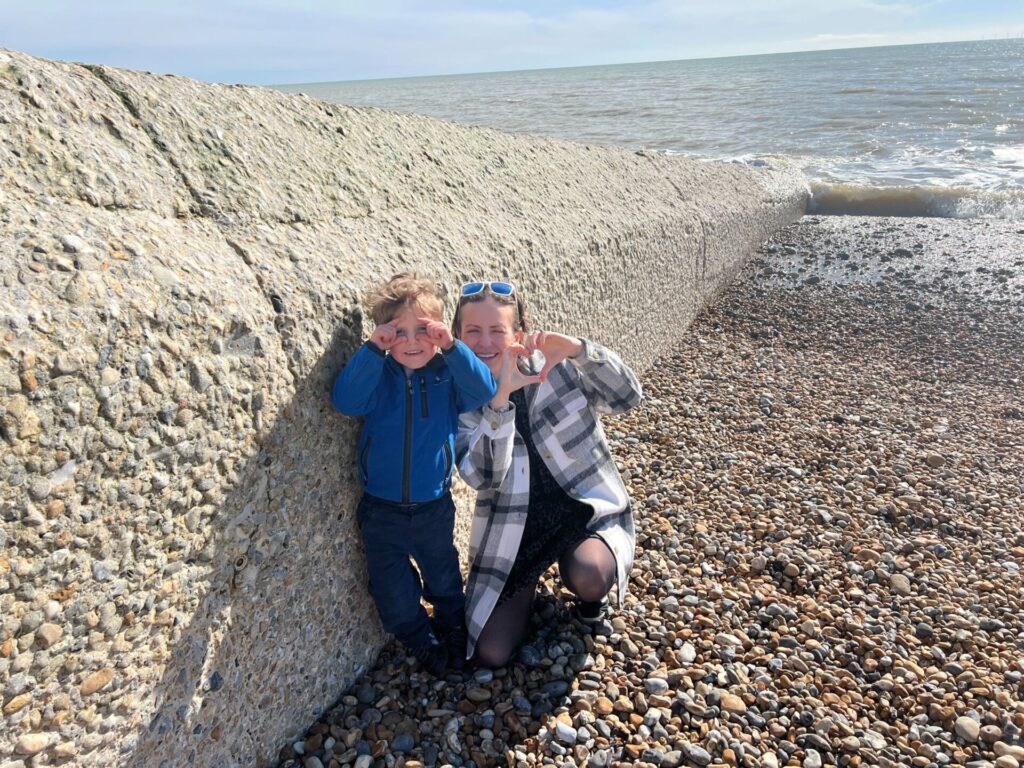
Climate change will or has already affected everyone, but women feel the impact more, particularly those in the Global South, and they are already leading the way in finding solutions.
A highlight of my role is getting to know so many inspiring women from the REDD+ projects we represent, and I’m constantly in awe of the actions they have taken to improve prospects for the next generation and to include women in decision-making. All mothers want their children to receive an education, but many need to fight harder to achieve it. Lucy Simantoi Sayiore, Kuku Group Ranch Community Member, from the Chyulu Hills REDD+ Project, proudly recognises the importance of mothers and mother-figures in society: “Women have a great influence on their children’s upbringing. Once they are informed, we have a generation that is informed.” She exemplifies this by fighting to lower the barriers to girls’ education in her community, like FGM and early marriage.
Yorn Sordet, an Indigenous Bunong leader and focal person for the Keo Seima REDD+ Project, teaches us all how we can call-out gender inequalities. She knows her value as a strong female role-model for her community and understands the important role she plays in protecting the forest and attracting carbon finance. These incremental and intentional improvements to society, driven by women that the REDD+ projects are investing in, are for me the meaning of IWD and result in transformational change.
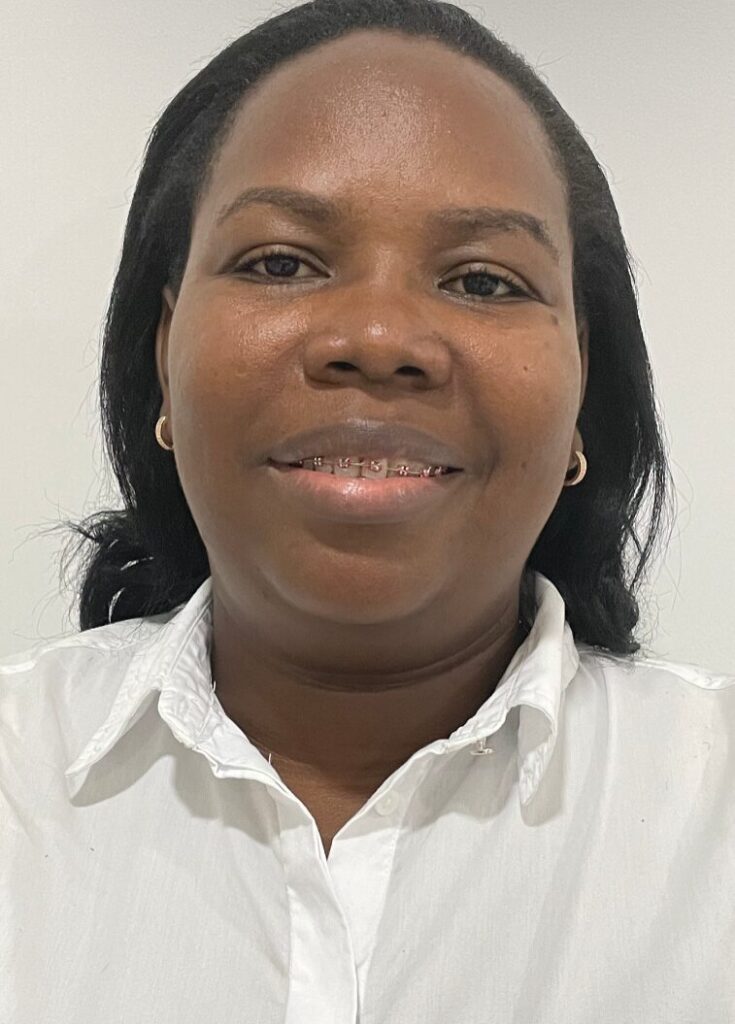
Dalila España, born in the collective territory of black communities within the Patia Grande River community council in Colombia, is a professional agroforestry engineer and social services management specialist. She serves as an advisor to the ACAPA community council and currently leads projects for forest conservation within the REDD+ unit, advocating for women’s empowerment through her work.
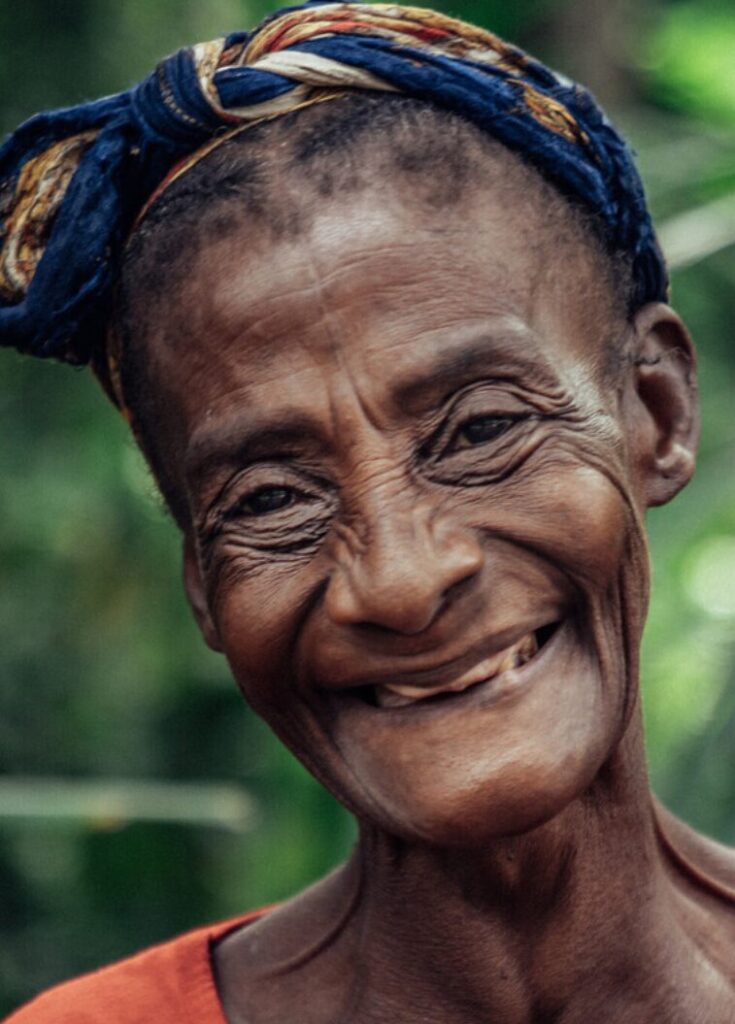
Chief Basabo, originating from Ikita Village in the Democratic Republic of Congo, serves as leader of the Batwa community, one of the oldest Indigenous communities in the Great Lakes region of Central Africa. Her leadership exemplifies the pivotal role women play in their communities.
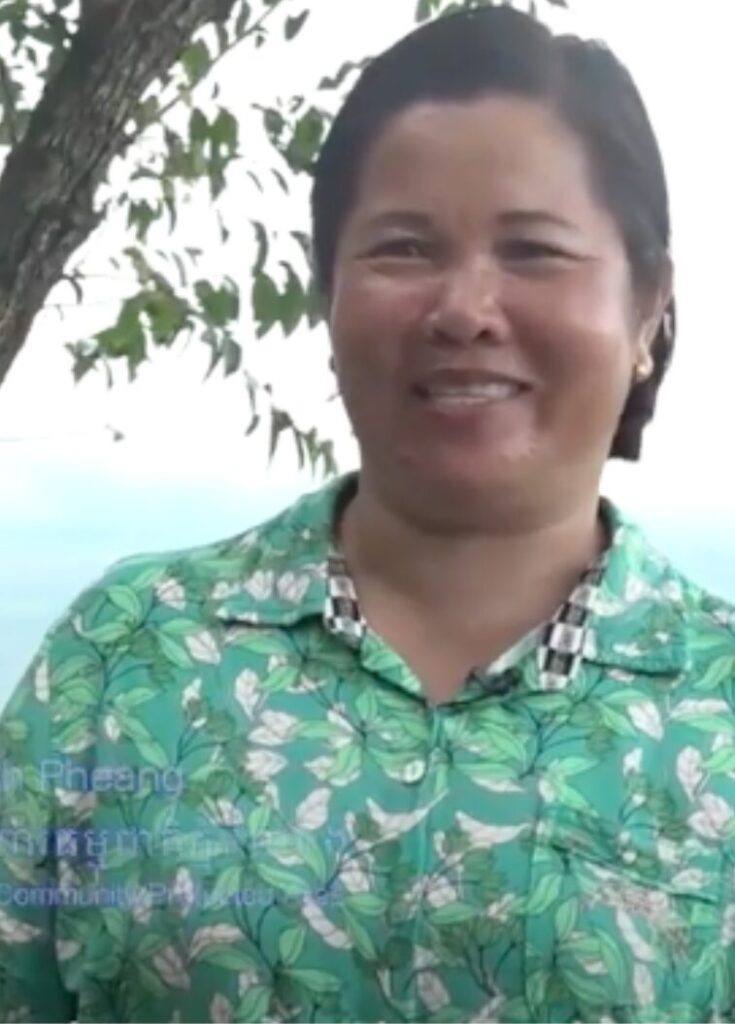
Khuth Phaeng is from Phnom Sre Ambel District, Koh Kong Province, Cambodia. and serves as the President of the Phnom Torp Chaeng Community Protected Area. She has played a remarkable role in mobilizing stakeholders to restore areas once threatened by deforestation. Through her leadership, she has empowered women in her community to pursue improved livelihoods.
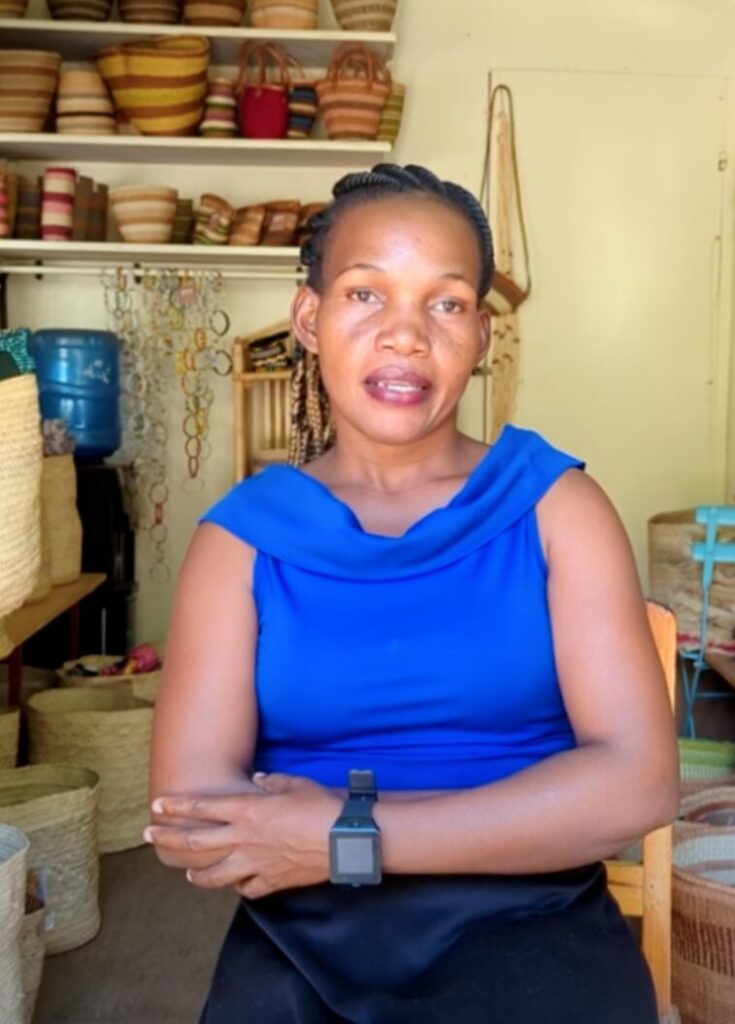
Agnetta Godfrey originates from Maungu, Taita-Taveta County, Kenya. She works at the Hadithi Crafts Support Community Based Organization (CBO), which serves as an umbrella organization for 61 women’s groups engaged in traditional handicrafts within the Kasigau Corridor REDD+ project area.